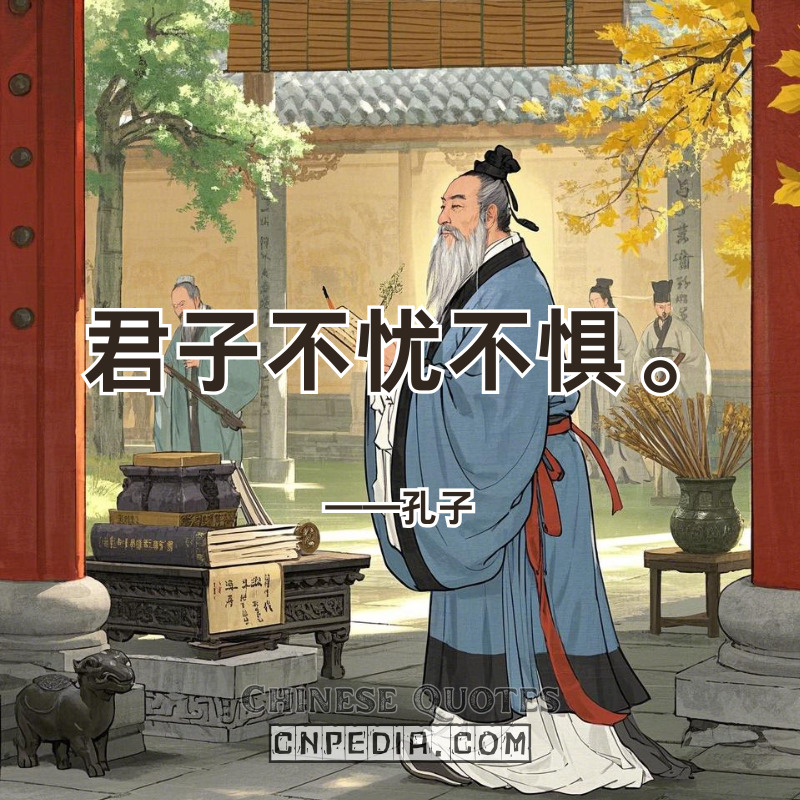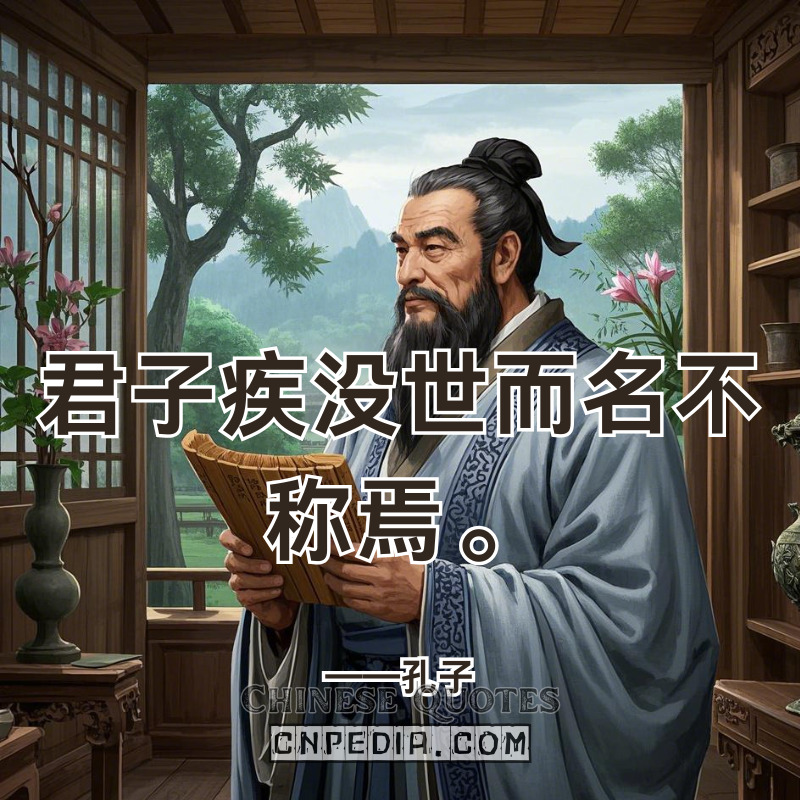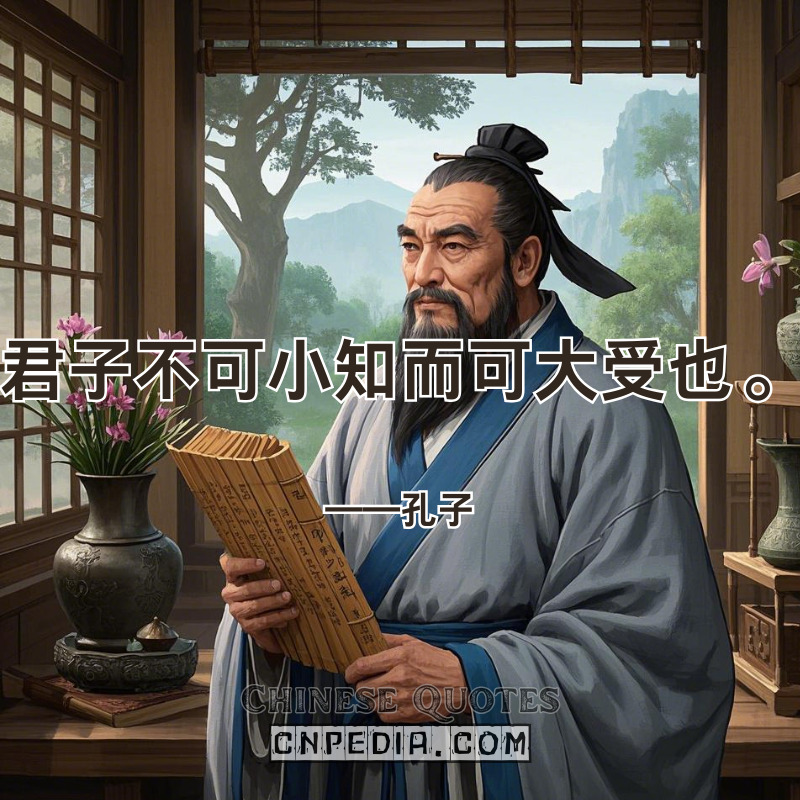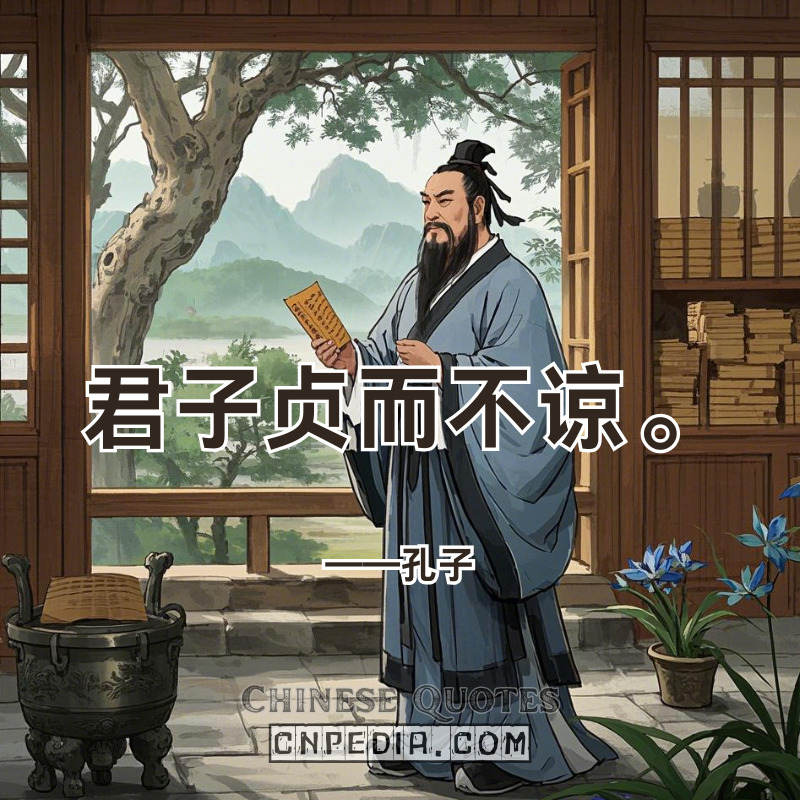君子和而不同,小人同而不和。——孔子
(jūn zǐ hé ér bù tóng, xiǎo rén tóng ér bù hé — Kǒngzǐ)

Translation: “The noble harmonize without uniformity; the petty uniformize without harmony.”
Explanation:
Confucius presents a dialectical vision of social cohesion by contrasting the moral conduct of junzi (noble individuals) and xiaoren (petty-minded individuals). The junzi cultivate harmony (he) not by imposing sameness but by embracing diversity and mutual respect, reflecting the inclusive ethos of the Zhou Dynasty’s ritual-music system, which balanced hierarchical order with cultural pluralism. In contrast, xiaoren seek superficial uniformity (tong) through coercion or rigid conformity, mirroring the hegemonic power politics of Confucius’ era during the Spring and Autumn Period, where authority suppressed dissent.
This philosophical distinction underscores Confucius’ belief that true unity arises from ethical engagement with differences, not their erasure. Today, this principle resonates in modern frameworks such as United Nations diplomacy, which prioritizes multilateral dialogue over unilateral mandates, and corporate Diversity, Equity, and Inclusion (DEI) policies that foster collaboration by valuing unique perspectives rather than enforcing assimilation.
Confucius’ insight thus bridges ancient ethics and contemporary governance, advocating harmony as an active, inclusive process.








——Records-of-the-Grand-Historian-Biographies-of-the-Money-makers.jpg)
——Records-of-the-Grand-Historian-Biographies-of-the-Money-makers.jpg)
——Records-of-the-Grand-Historian-Biographies-of-the-Money-makers.jpg)
——Records-of-the-Grand-Historian-Biographies-of-the-Money-makers.jpg)
——Records-of-the-Grand-Historian-Biographies-of-the-Money-makers.jpg)
——Records-of-the-Grand-Historian-Biographies-of-the-Money-makers.jpg)